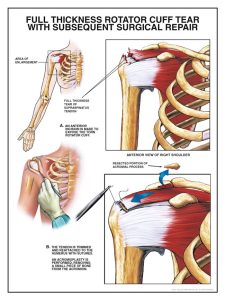Many years ago, Georgia modified its Uninsured Motorist statute to give some additional protection to consumers. It said that when placing coverage it had to offer you the same uninsured motorist coverage limits as you have for liability coverage. Remember that liability insurance is the protection you buy to insure you if you cause an accident or injury and uninsured motorist insurance is the coverage that you buy to protect yourself if you are hurt by someone with little or no insurance. Basically the UM coverage is for you if something bad happens to you.
Since the State of Georgia only requires that you buy liability coverage, many people try to save money by not getting UM coverage. and in the process screwing themselves. Agents are complicit because they don’t understand how important uninsured motorist insurance is. The end result is people buying top end liability coverage and then, inadvertently, getting a tiny crappy UM policy for marginal savings.
So we turn to the recent case coming out of the Georgia Court of Appeals in the 2023 case of Jones v. Georgia Farm Bureau where the facts showed that a Mr. Jones tragically died in a car accident and when his family wanted to claim the Uninsured Motorist Insurance, Farm Bureau advised him that while he had $1,000,000 in liability coverage, he opted for a tiny $25,000 in UM coverage.
 Atlanta Injury Attorney Blog
Atlanta Injury Attorney Blog






